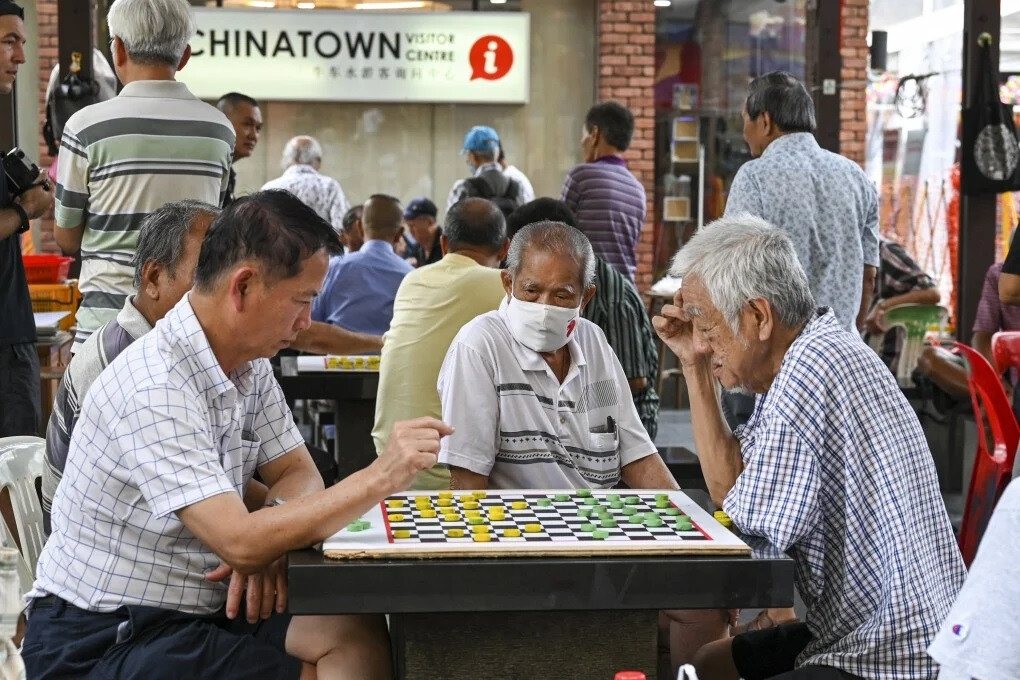
Singapore is proactively integrating artificial intelligence (AI) into its elderly care systems to address the challenges posed by a rapidly aging population. By 2030, a quarter of Singapore's residents will be aged 65 or older, placing significant strain on the nation's healthcare resources.
To mitigate these challenges, Singapore is embracing AI technologies across various domains. AI-driven systems are being deployed for fall detection, patient surveillance in hospitals, and robotic assistance in elderly care facilities. Furthermore, the increasing digital literacy among Singapore's seniors is facilitating the adoption of telemedicine and other digital health tools.
A critical focus is on early disease detection. Researchers like Han Yi-chou from the Lee Kuan Yew School of Public Policy emphasize the potential of AI to detect conditions like diabetic retinopathy at early stages, enabling timely interventions.
Singapore's commitment to "aging-in-place" is also driving the adoption of AI-enabled home technologies. The Housing Development Board is implementing fall-detection systems that automatically alert family members or call centers in emergencies.
However, the integration of AI also raises ethical and privacy concerns. Experts stress the importance of ensuring that AI technologies are used responsibly, safeguarding the autonomy and control of elderly individuals. The World Health Organization (WHO) has also cautioned against the potential for AI to perpetuate social biases, advocating for the inclusion of elderly individuals in the technology development process.
Innovative AI solutions, such as "Care Copilot" by U.S.-based Censi AI, are being explored. This audio-based system monitors elderly individuals in their homes, detecting early signs of health issues like urinary tract infections, respiratory infections, and cognitive decline.
The Singaporean government's "Action Plan for Successful Aging" aims to provide comprehensive health and well-being programs for seniors. Experts emphasize that AI should complement, not replace, human care. The goal is to achieve a balance of "high-tech, high-touch," ensuring that AI serves as a valuable tool to enhance the quality of life for Singapore's elderly population.
[Copyright (c) Global Economic Times. All Rights Reserved.]






























